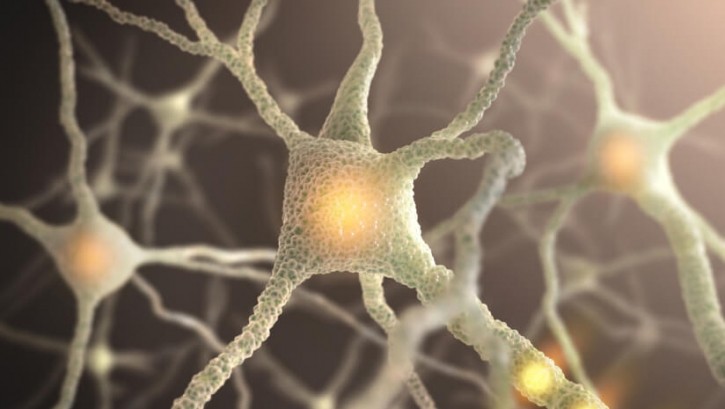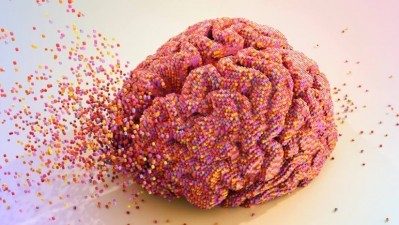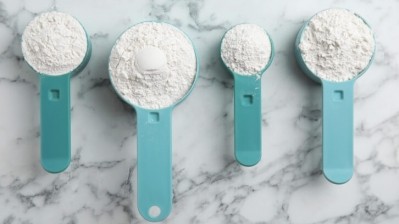Study explores creatine for neuronal health

“Our findings potentially support the notion that the general population could benefit from augmenting their dietary creatine intake to preserve neuronal health,” the researchers wrote. “This can be achieved through diets rich in creatine-containing foods (such as fish and seafood), creatine supplementation or the fortification of foods with creatine.”
The study, published as Editor’s Choice in the August issue of the journal Applied Physiology, Nutrition and Metabolism, was led by biomedical scientist Sergej Ostojic, MD, of the Applied Bioenergetics Lab, Faculty of Sport and PE, at the University of Novi Sad, Serbia.
Creatine and the brain
Emerging science continues to build around the benefits of creatine for the brain given its vital role in regulating cellular bioenergetics across energy-demanding tissues. The brain, composed of nervous tissue, is the most energy-demanding organ in the body.
In recent studies, Dr. Ostojic has shown that impaired creatine metabolism often correlates with the severity of neurodegenerative conditions and that limited dietary creatine provision may contribute to low creatine availability. He also references other research that supports the neuroprotective potential of creatine following traumatic brain injury and that presents serum neurofilament light chain (NfL) as a promising biomarker for neuronal damage.
“Increased NfL levels are indicative of more pronounced neuronal damage and have been observed to be elevated in blood across various neurodegenerative diseases,” he and his co-authors wrote, making the link between low creatine availability and an elevated risk of neuronal damage.
Study details
To explore this association at the population level, the present study extracted data from the National Health and Nutrition Examination Survey (2013–2014), using a nationally representative group of 1,912 individuals between the ages of 20 and 75 years who had been assessed for NfL levels.
Daily creatine intake was evaluated through individual in-person 24-hour food recalls and quantified relative to body mass but did not account for creatine obtained from food supplements or pharmacological agents.
Results indicated a negative association between dietary creatine intake and serum NfL levels even after adjusting for other nutritional variables linked with neuronal viability.
Study limitations noted included reliance on self-reported data for creatine intake, a cross-sectional design that may not fully capture habitual dietary patterns, absence of additional biomarkers of neuronal damage and creatine turnover and failure to account for other factors (e.g., exposure to environmental toxins, chronic stress, and physical activity) that could impact brain health.
“While purely correlational, our findings are intriguing and may lay the groundwork for future interventional studies elucidating the connections between food-derived creatine and neuronal health in the general population,” the researchers wrote.
They suggested that future studies investigate whether increased exposure to dietary creatine could effectively mitigate the risk of brain damage resulting from concussion, stroke, tumors or other illnesses.
Source: Applied Physiology, Nutrition and Metabolism
doi: 10.1139/apnm-2024-0064
“Dietary creatine is associated with lower serum neurofilament light chain levels”
Authors: Sergej Ostojic et al.
















